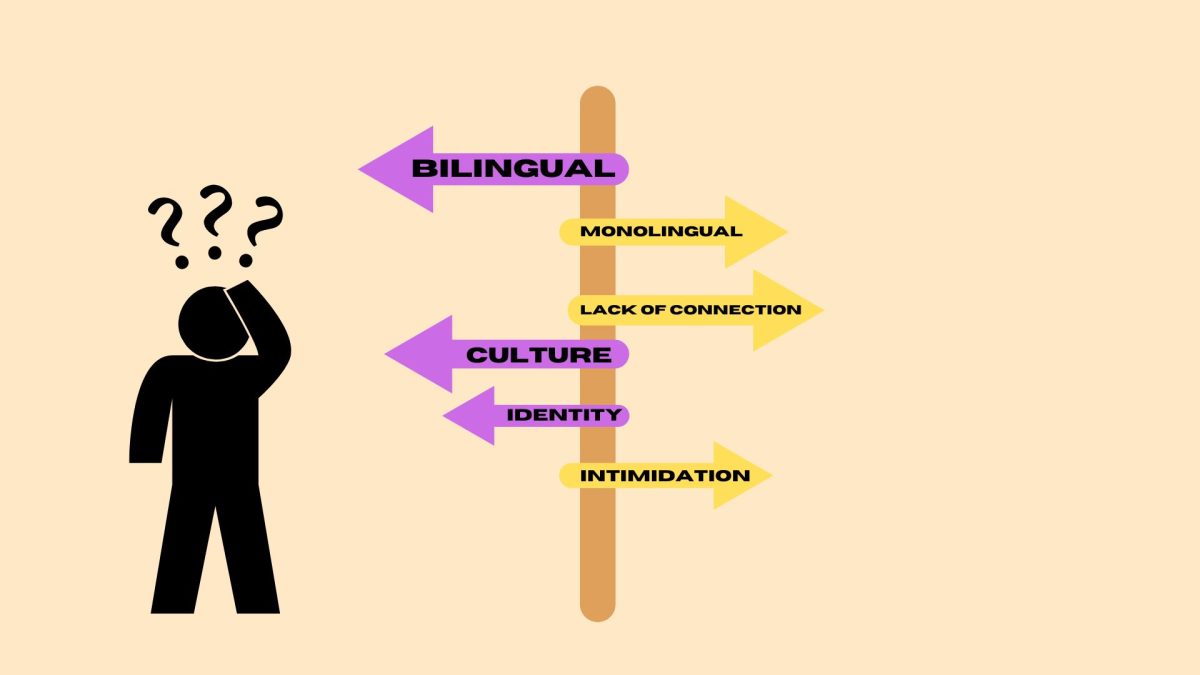It’s that happy time of year, where many of us watch as our peers graduate and go off into the world and their future careers. No doubt, graduating is a tremendous accomplishment. It takes a lot of work, even some blood, sweat and tears at times.
Something as simple as enrolling in classes necessary to graduate every semester can impact the timeline of a student’s college career.
According to the SF State Attrition Study completed in October 2012, 54 percent of full-time first-time freshman that enrolled in Fall 2005 had not graduated within six years. What is the problem? Why is it so hard to graduate in a timely manner?
The answer is the ability to effectively register for classes. Many of us can reminisce on the torturous anxiety that occurs when it is time to once again register for classes. You sit at the computer watching the spots in a class fill up and you wonder if you will ever get to hold that degree.
It is not uncommon for registration to come around and you once again find that one of your required classes is not being offered the next semester because of constant budget cuts.
College Bound Network, a resource for college-bound students, in an article said, “Getting the classes you need once you embark on your educational endeavor is the ultimate goal when you register. After you’ve drawn up your dream schedule for the semester, you try to register but find that one or more of your classes has been filled to capacity. Now you have to scrap your plans and scramble for open sections. You may even have to start from scratch if scheduling conflicts arise.”
Registration is the domino that will cause all the others to fall. Graduating in a timely manner is essential to some students and not getting classes can harm different opportunities offered to students.
The minimum units a student must take to be considered for full-time financial aid is 12 units per semester. If a student fails to register for the the minimum units, their financial aid could be pulled. With 63 percent of SF State students currently receiving financial aid, according to Collegedata.com, the rescinding of money can be a serious issue, possibly forcing the student out for that semester.
Also, many students are offered internships or jobs for the summer as long as they are full-time students. If they are unable to register and get the necessary units, it could jeopardize a great opportunity.
There can be alternatives. For all of you not graduating just yet, don’t fret. Community colleges can be a useful source if need be. Finishing that one GE class that you needed at a community college can be a cheaper and more successful way of getting those units.
College Bound gives additional alternatives such as keeping “safety” courses in mind, seeking out the professor’s help with getting on the waitlist, or if worse comes to worse, whining.
CNN Money also advises parents who want their children to graduate within four years: “Pick a supportive school. Colleges with much-better-than-average graduation rates often have adopted strategies to help students finish in four years.”
I have never thought that a college could be unsupportive, maybe just poorly funded.What are these strategies? The strategies are not complicated to figure out, but implementing them seems to be the tricky part. Statistics will exist and classes will disappear, but it is successful planning and damage control that will get you closer to the finish line.
If that does not work out and you are able to take a step back, take the five-year plan. Doesn’t everyone want to be in college forever? Maybe not, but do not overload yourself. Take what you can and when you can.
To all of you who successfully graduated within four years, bravo, consider it quite an achievement. To all of you hopeful undergrads who are going to endure the woes of registration a number of times more, I wish you the best of luck.






